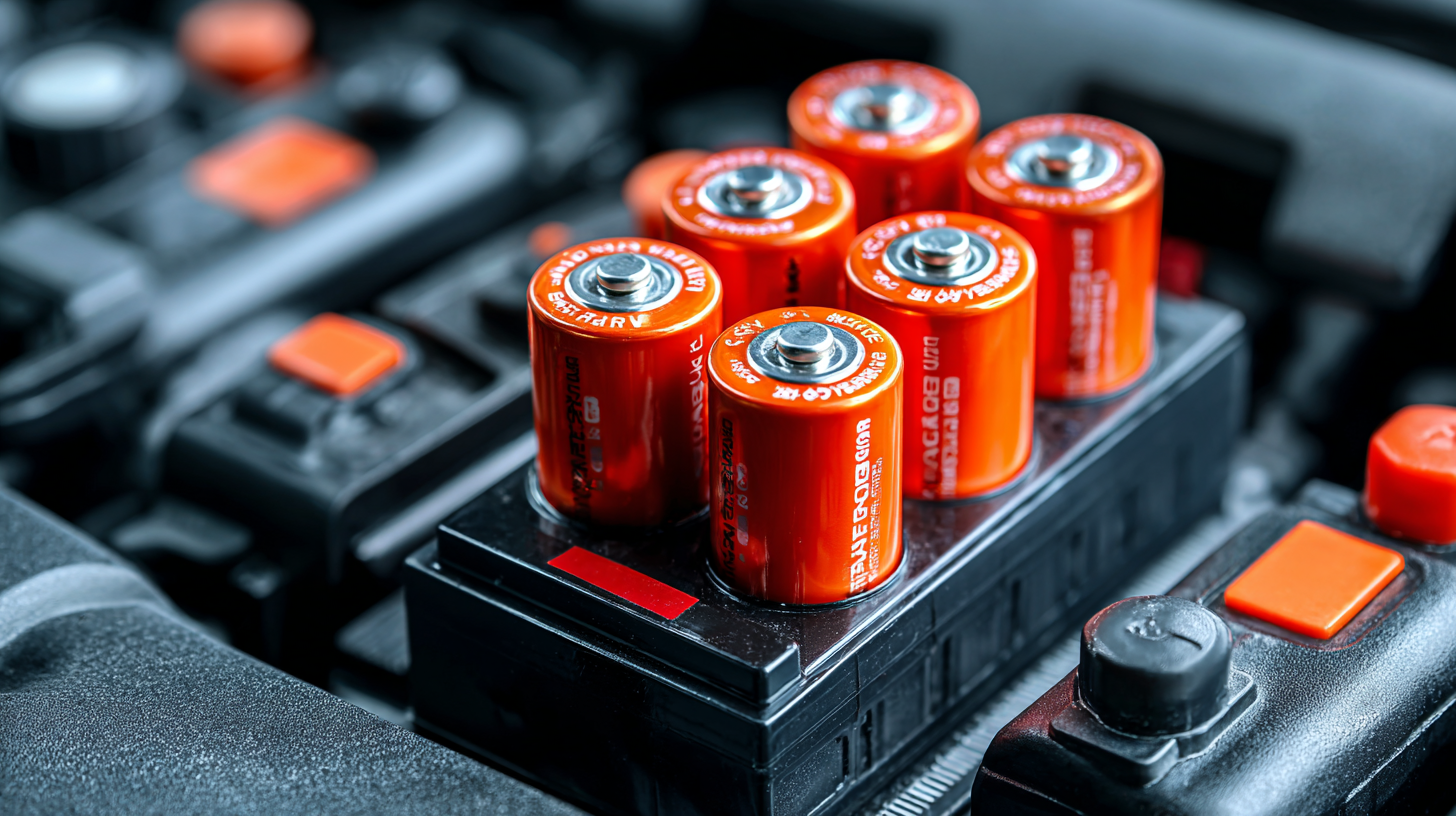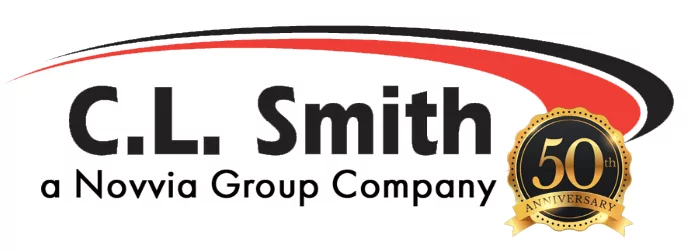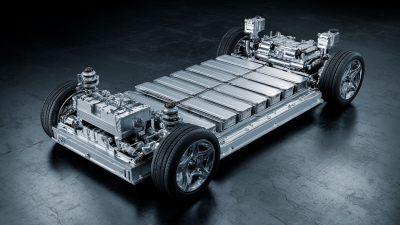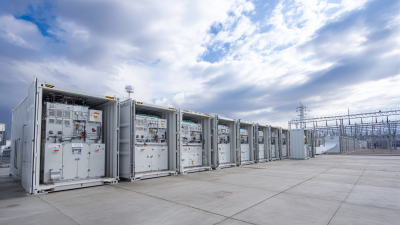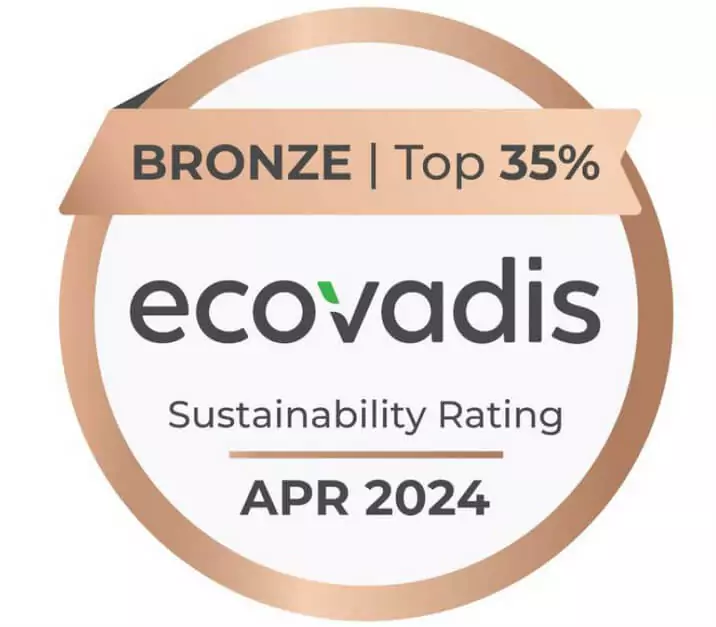Exploring Li Ion Car Battery Innovations at the 138th Canton Fair 2025
The 138th Canton Fair in 2025 is set to be a significant platform for showcasing the latest innovations in various industries, particularly in the realm of automotive technologies. As the demand for electric vehicles (EVs) continues to surge, the global lithium-ion (li ion) car battery market is projected to reach approximately $100 billion by 2025, driven by advancements in battery chemistry and manufacturing processes (Research and Markets, 2023). This growth reflects a broader industry trend, with the EV market itself expected to witness a compound annual growth rate (CAGR) of over 22% during the same period (BloombergNEF, 2022). At this pivotal fair, stakeholders in the li ion car battery sector will gather to explore cutting-edge technologies, sustainable practices, and market opportunities that are transforming the landscape of sustainable transportation. Through fostering collaboration and innovation, the Canton Fair offers a unique opportunity to drive the future of mobilities powered by next-generation li ion car batteries.
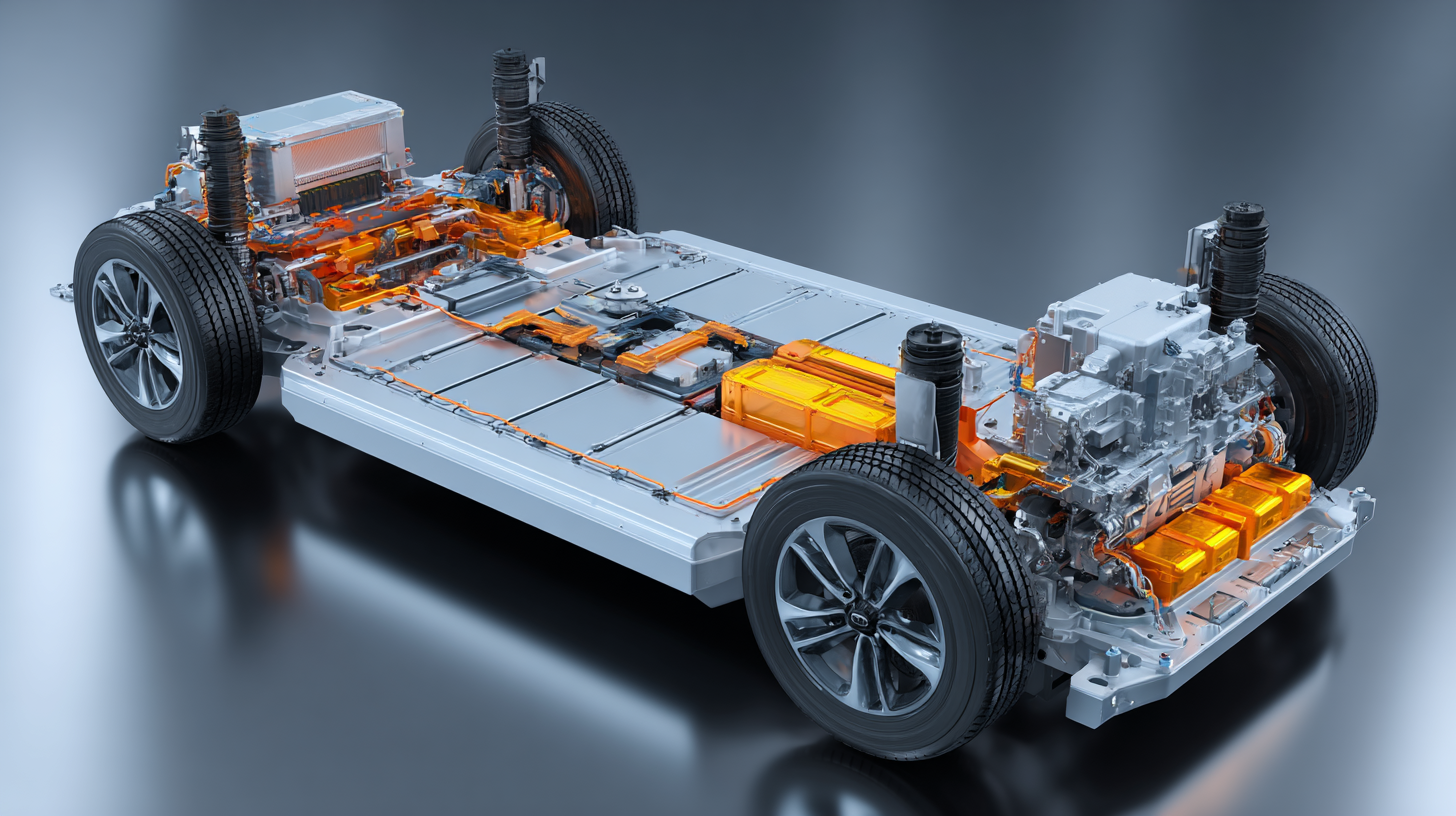
Highlights of Li Ion Car Battery Innovations at the 138th Canton Fair
The 138th Canton Fair in 2025 has become a pivotal platform for showcasing breakthroughs in lithium-ion (Li-ion) battery technology, particularly for electric vehicles. This year, a range of innovative products were presented, reflecting the industry's commitment to improving battery efficiency and sustainability. According to a recent report from the International Energy Agency (IEA), the global demand for lithium-ion batteries is anticipated to reach over 2,000 GWh by 2030, driving manufacturers to focus on enhanced energy density and charging speed.
Among the highlights were advancements in solid-state batteries, which promise to increase energy density by around 50% compared to conventional Li-ion batteries. Furthermore, several exhibitors unveiled developments in battery recycling technologies, targeting the reduction of environmental impacts and the efficient reuse of materials. With industry experts predicting that the market for battery materials, like lithium and cobalt, could grow to $200 billion by 2025, the emphasis on sustainable and innovative manufacturing practices at the Canton Fair is both timely and crucial for the future of electric mobility.
Key Industry Players Showcasing Cutting-Edge Battery Technologies
At the upcoming 138th Canton Fair in 2025, industry leaders are set to showcase their latest innovations in
lithium-ion car battery technologies, reflecting the sector’s dynamic evolution.
Key players in the market will unveil a variety of cutting-edge solutions designed to enhance battery efficiency, safety, and sustainability.
This event serves as a critical platform for companies to present advancements that address the growing demand for high-performance batteries in
electric vehicles and renewable energy applications.
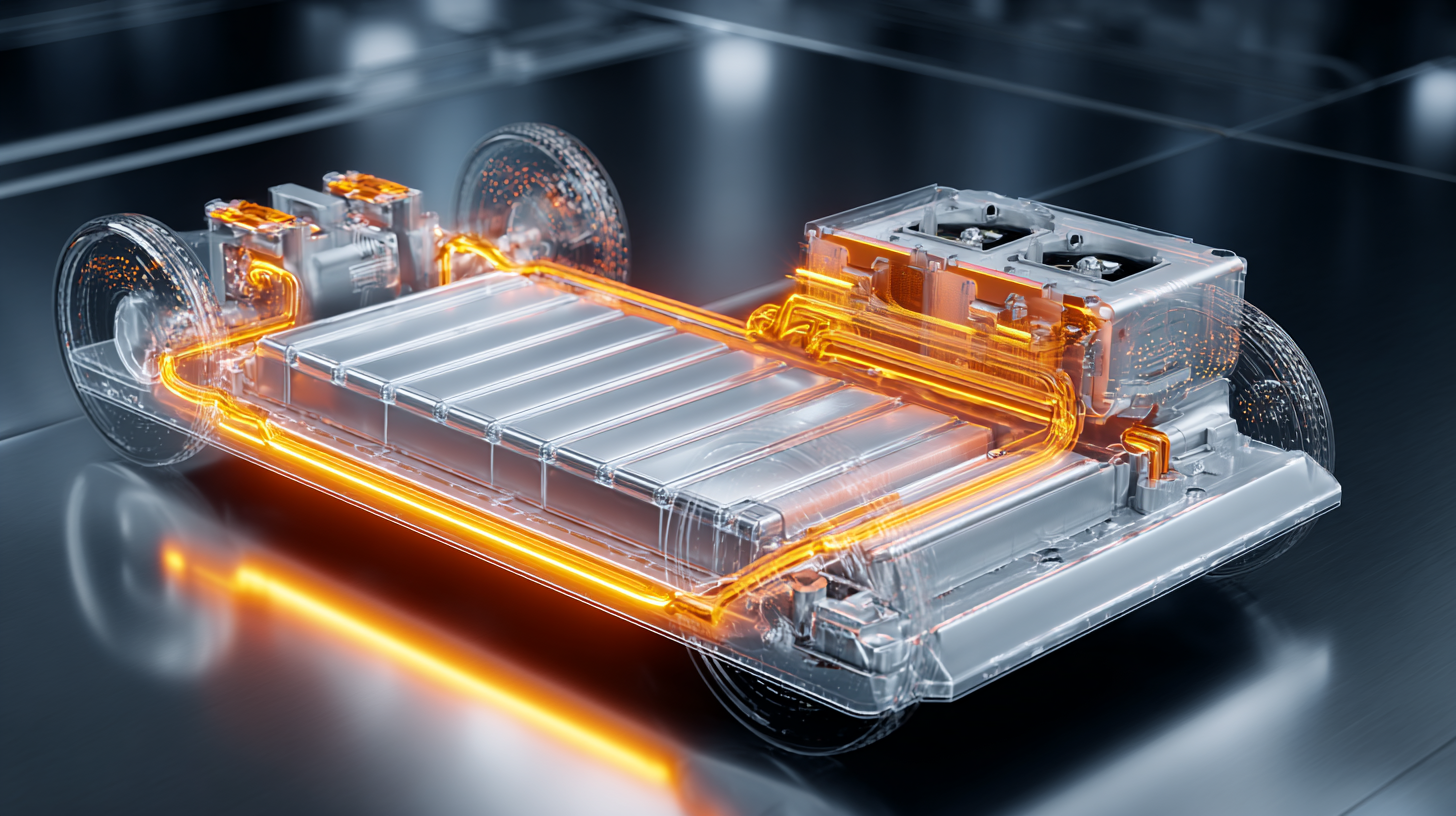
Among the notable trends is the increasing interest in solid-state batteries, which promise significant upgrades over traditional lithium-ion batteries.
Industry forecasts suggest a substantial market opportunity, with projections indicating that the solid-state battery sector could reach a staggering
$9 billion by 2035. As innovation accelerates, manufacturers are exploring new materials and designs to overcome
existing limitations, ensuring that they remain competitive in a rapidly changing landscape.
The Canton Fair will undoubtedly play a pivotal role in advancing these discussions,
bringing together visionaries and experts to collaborate on the future of battery technology.
Sustainability Trends in Li Ion Battery Development for Electric Vehicles
At the 138th Canton Fair 2025, the spotlight on Li-ion battery innovations reveals a significant shift towards sustainability in electric vehicle (EV) development. Notably, the global lithium-ion battery market is projected to reach $129.3 billion by 2027, according to industry analyses. This shift is fueled by the increasing demand for cleaner energy solutions and the ongoing commitment of manufacturers to reduce carbon footprints. Battery recycling technologies and sustainable material sourcing are emerging as key trends, making the industry more environmentally conscious.
As consumers and manufacturers alike push for greener solutions, the future of Li-ion battery development is closely tied to sustainability. A report by the International Energy Agency estimates that, if current trends continue, battery recycling could reduce the need for new lithium production by up to 40% by 2040. This not only conserves natural resources but also minimizes environmental impact. Innovations such as solid-state batteries, which promise enhanced safety and efficiency, are also gaining traction, offering a path towards a more sustainable energy future.
Tips for Consumers: When considering EVs, prioritize models that emphasize sustainable battery technology. Look for manufacturers who disclose their sourcing practices and recyclability options. Additionally, stay informed about emerging technologies like solid-state batteries, as they may soon revolutionize the market with improved performance and sustainability.
Future Prospects for Li Ion Batteries in the Global Automotive Market
The global automotive market is undergoing a transformative shift towards electrification, and lithium-ion batteries (Li-ion batteries) are at the forefront of this evolution. As the industry increasingly prioritizes sustainability and energy efficiency, innovations in Li-ion technology promise not only to enhance vehicle performance but also to address critical challenges like battery lifespan, charging times, and recyclability. The 138th Canton Fair in 2025 serves as a pivotal platform to showcase these advancements, bringing together manufacturers, researchers, and automotive leaders to explore new possibilities within the Li-ion battery sector.
Future prospects for Li-ion batteries in the automotive landscape are promising. With advancements in materials science and battery management systems, the next generation of Li-ion batteries is set to deliver higher energy densities, improved safety features, and reduced production costs. Furthermore, the integration of smart technologies such as artificial intelligence in battery design and monitoring will enable more efficient use and longer-lasting solutions. As global demand for electric vehicles (EVs) continues to rise, the innovations emerging from industry collaborations and events like the Canton Fair are crucial in shaping a sustainable future for mobility.
Li Ion Battery Innovations: Market Share by Technology Type (2025)
Networking Opportunities for Industry Professionals at the Canton Fair
The 138th Canton Fair in 2025 will serve as a pivotal platform for industry professionals to network and explore innovative developments in Li-ion car battery technology. As the electric vehicle (EV) market continues to expand, driven by a projected growth rate of 22% annually, this fair presents an unparalleled opportunity for attendees to connect with leading innovators, suppliers, and manufacturers in the battery sector. With the global market for lithium-ion batteries expected to reach $126 billion by 2027, stakeholders can engage in meaningful discussions about advancements and sustainability practices that are shaping the future of automotive energy storage.
Networking opportunities abound at this prestigious event, where professionals can engage in workshops and presentations focusing on the latest technological breakthroughs in battery chemistry and design. Reports indicate that advancements such as solid-state batteries and enhancements in lithium iron phosphate (LiFePO4) technology are poised to increase battery life and efficiency. By exchanging insights and fostering collaborations at the Canton Fair, industry players can collectively tackle the pressing challenges of energy density and recycling, thus paving the way for a more sustainable and innovative automotive landscape. Embracing these networking opportunities not only enhances individual careers but also drives forward the entire sector, enabling it to meet the growing demands for efficient and eco-friendly electric vehicles.
